Preserve & Protect
DHR is committed to preserving and protecting Virginia’s historic and cultural resources. Through its preservation programs, DHR works to ensure that historic sites and structures are protected and maintained for future generations. DHR’s protection efforts are focused on safeguarding these resources from harm, enforcing regulations, and providing technical assistance to individuals and organizations engaged in historic preservation.
Preserve
Preservation is a critical aspect of historic preservation, and DHR is committed to ensuring that Virginia’s historic and cultural resources are preserved for future generations. The agency’s preservation efforts include providing technical assistance and guidance to property owners and local governments, as well as developing programs to support the conservation and maintenance of historic sites and structures.
- DHR's preservation efforts are focused on promoting the long-term protection and maintenance of Virginia's historic resources, ensuring that they are preserved for future generations.
- DHR's preservation efforts promote the sustainable use and reuse of historic buildings and sites. This in turn contributes to the environmental sustainability and resilience of Virginia's communities.
- Through its preservation efforts, DHR helps to promote a greater understanding and appreciation of Virginia's unique history and culture by supporting educational and interpretive programs that enhance public access to, and understanding of, historic resources.
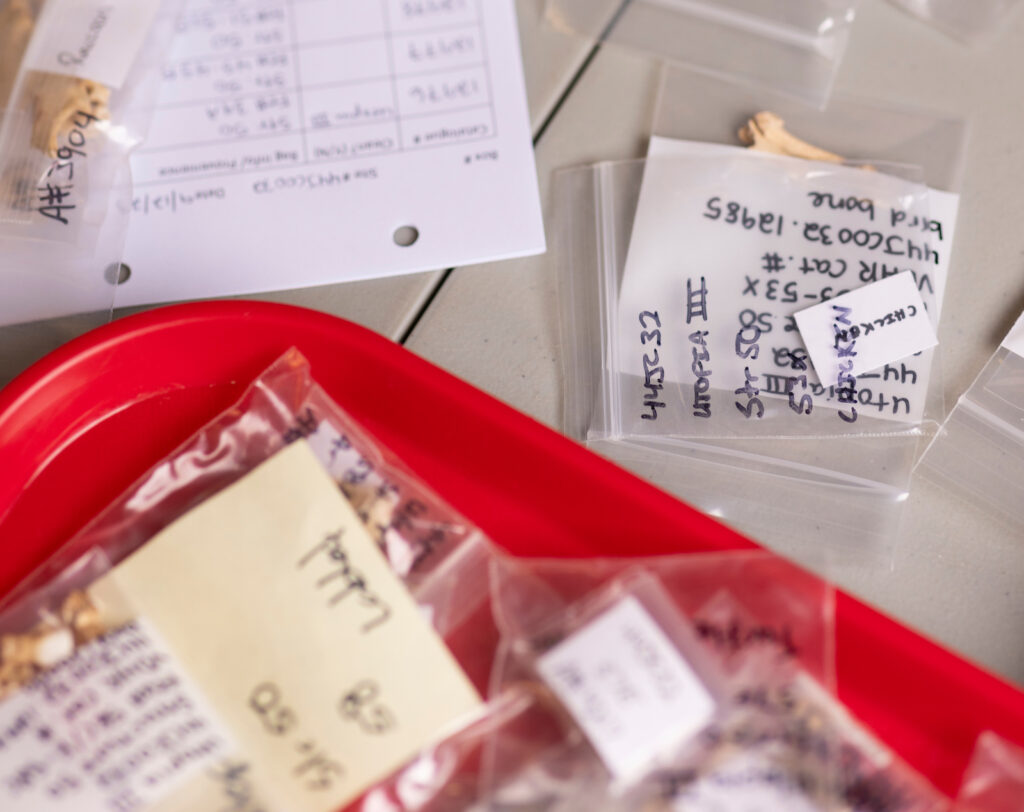
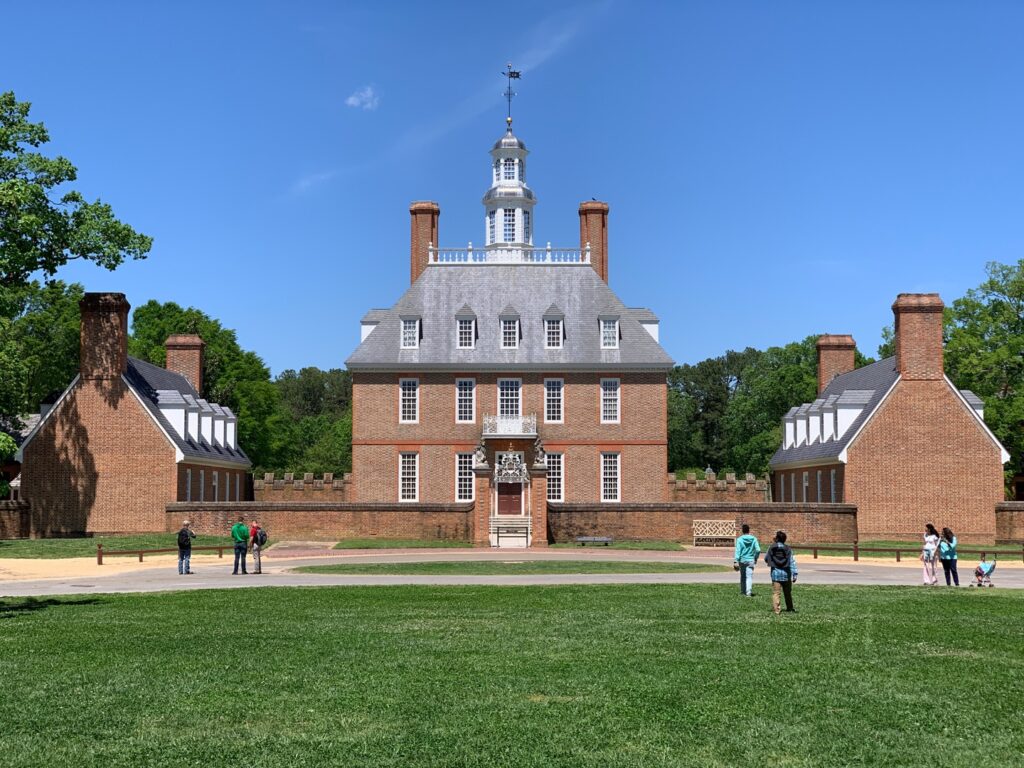
Protect
DHR plays a critical role in protecting Virginia’s historic and cultural resources. DHR’s protection efforts are designed to safeguard these resources from harm, whether from natural disasters, human activities, or other threats. DHR’s protection efforts involve a range of activities, including providing technical assistance and guidance to property owners and local governments, conducting surveys and assessments to identify threats to historic resources, and developing emergency response plans to address potential threats.
- DHR provides resources and training to individuals and organizations engaged in historic preservation, helping to promote a greater awareness of the importance of protecting Virginia's historic resources.
- DHR enforces federal and state regulations related to historic preservation to ensure that historic resources are protected from illegal activities such as theft, vandalism, and destruction.
- DHR collaborates with other state and federal agencies, as well as with local communities, to ensure a coordinated and effective approach to protecting Virginia's historic resources.
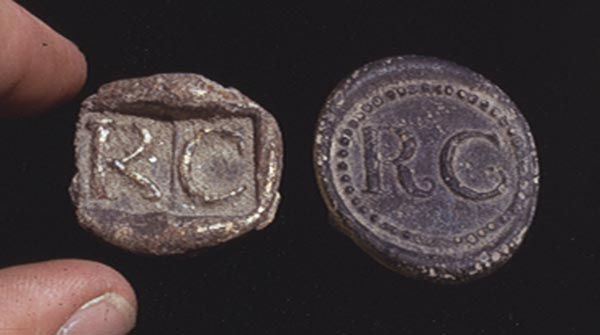
Archaeological Collections
The Archaeological Collections programs of Curation and Conservation aim to ensure the proper management and preservation of archaeological collections. They provide for the curation, care, and treatment of artifacts and associated documentation while providing access for researchers, students, and educators.
Point of Contact
Allison Mueller
Senior Curator
Allison.Mueller@dhr.virginia.gov
804-482-6441
Katherine Ridgway
State Archaeological Conservator
Katherine.Ridgway@dhr.virginia.gov
804-482-6442
Serena Soterakopoulos
Collections Manager
Serena.Soterakopoulos@dhr.virginia.gov
804-482-6100
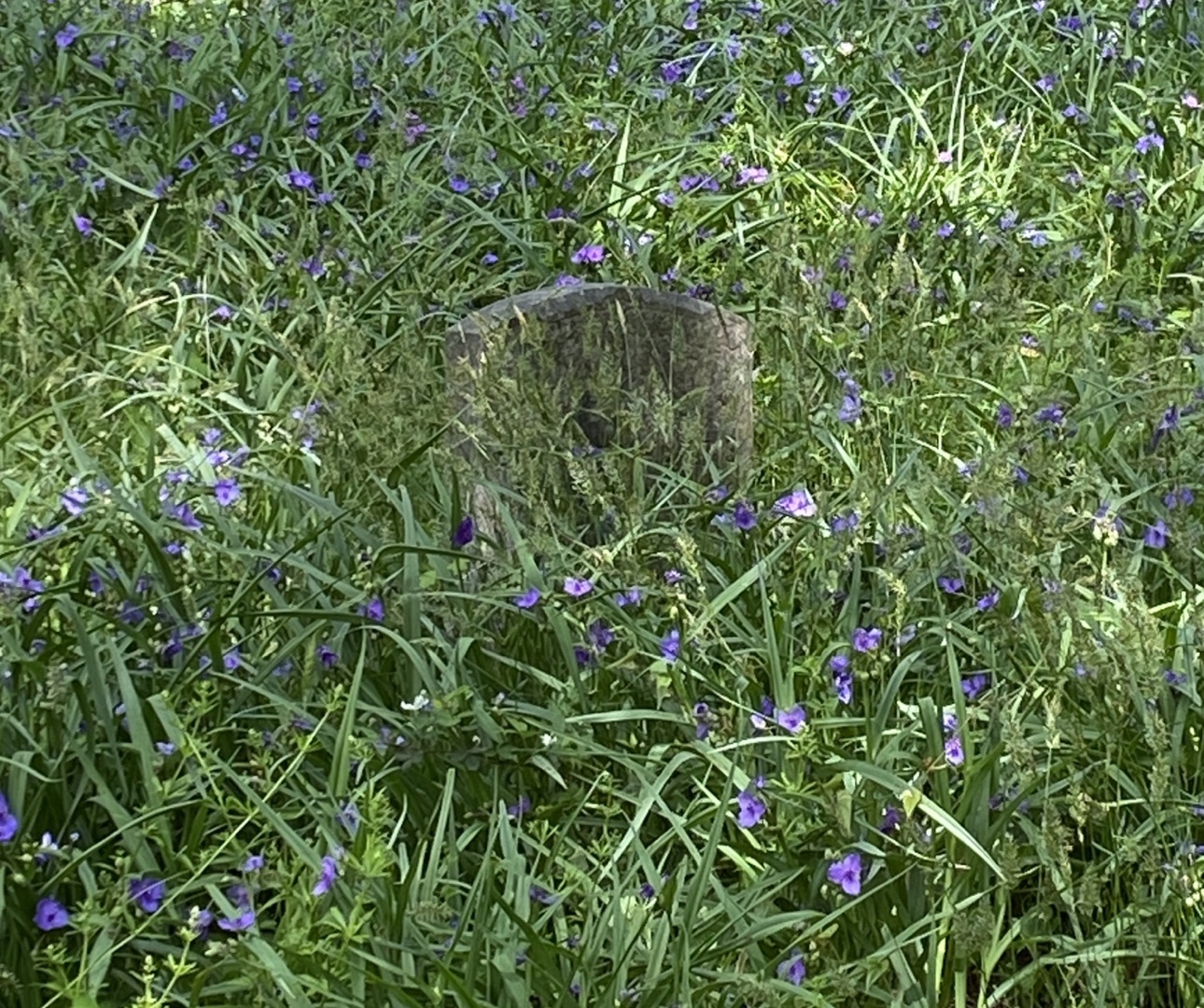
Cemetery Preservation
DHR's Cemetery Preservation program provides information and resources to help preserve and protect the state's historic cemeteries and burial grounds. We also provide technical assistance with issues involving human skeletal remains, including issuing legal permits for the archaeological recovery of buried remains.
Key Pages
- Citizens Cemetery Recordation Form AND DHR’s Report a Cemetery
- Permit for the Archaeological Removal of Human Remains
- Code of Virginia Section 10.1-2305
- Virginia Historical African American Cemetery and Graves Fund 2024-2025 Program Manual
- Virginia Historical African American Cemetery and Graves Fund Complete Application Form
Point of Contact
Joanna Wilson Green
Archaeologist – Cemetery Preservation
joanna.green@dhr.virginia.gov
804-482-6098
Angel Williams
Register Program Administrative Assistant
804-482-6439
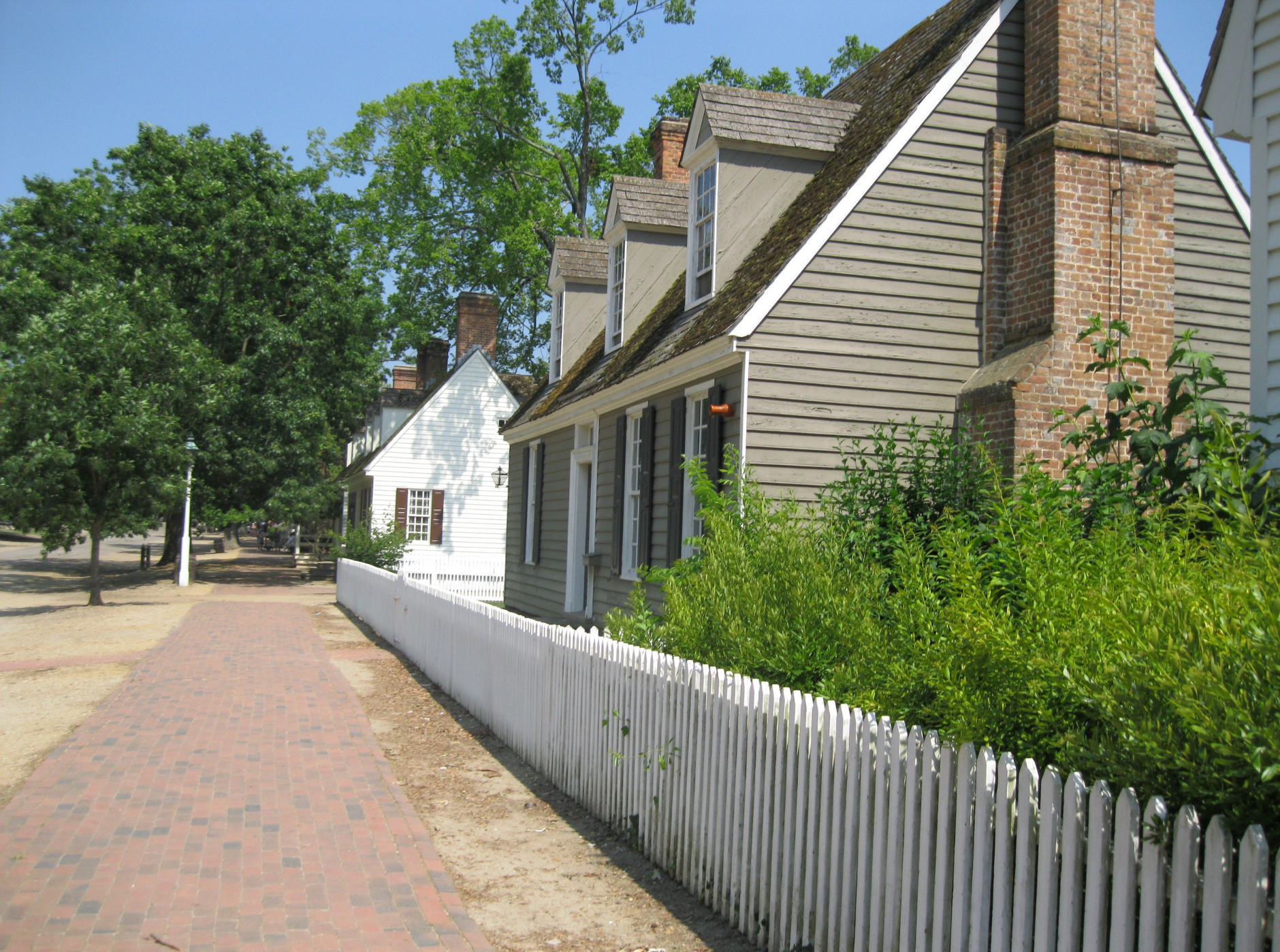
Certified Local Government
Communities strengthen and expand their local preservation programs through Certified Local Government (CLG) designation. The CLG program was created by the National Historic Preservation Act of 1966 (as amended in 1980). It establishes a partnership between local governments, the federal historic preservation program(National Park Service), and each state’s State Historic Preservation Office (SHPO), which in the case of Virginia is the Department of Historic Resources (DHR).
Key Pages
Point of Contact
Aubrey Von Lindern
Northern Region Architectural Historian, CLG Program Manager
540-868-7029
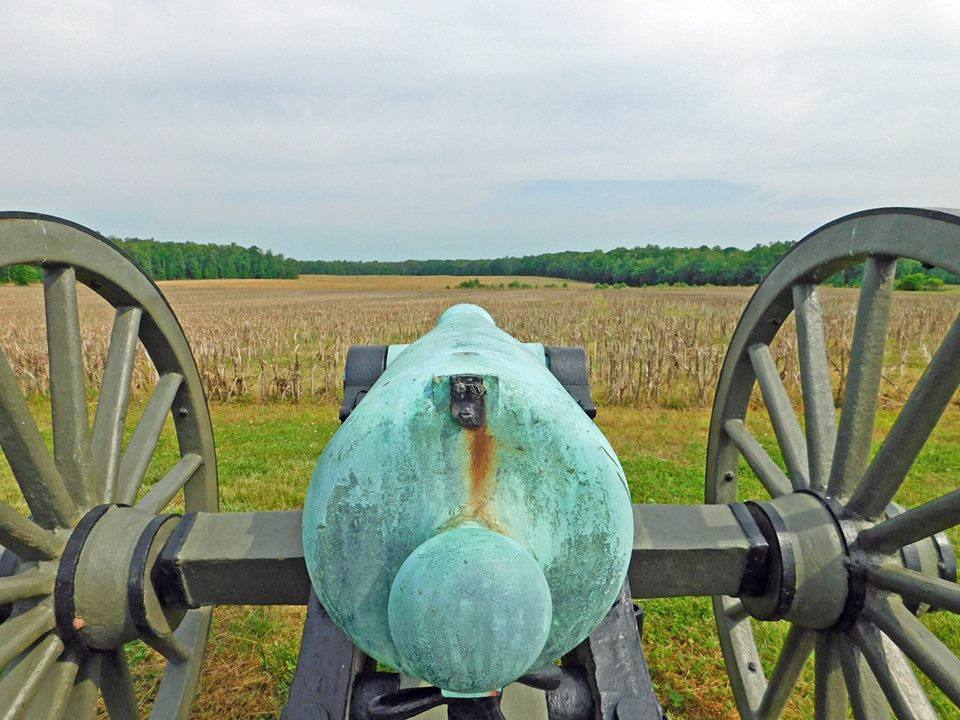
Grants & Funding Opportunities
TEST DHR administers several grant opportunities that provide financial and technical assistance to support the preservation and protection of historic resources in Virginia. In addition to grant programs managed by DHR, there are several additional grant programs available for preservation projects through other federal, state, and private entities that are linked. DHR currently does not have any grant programs available for rehabilitation or construction on private property.
TESTING ADDITONS HERE
Key Pages
Point of Contact
Caitlin Sylvester
Grant Coordinator
grants@dhr.virginia.gov
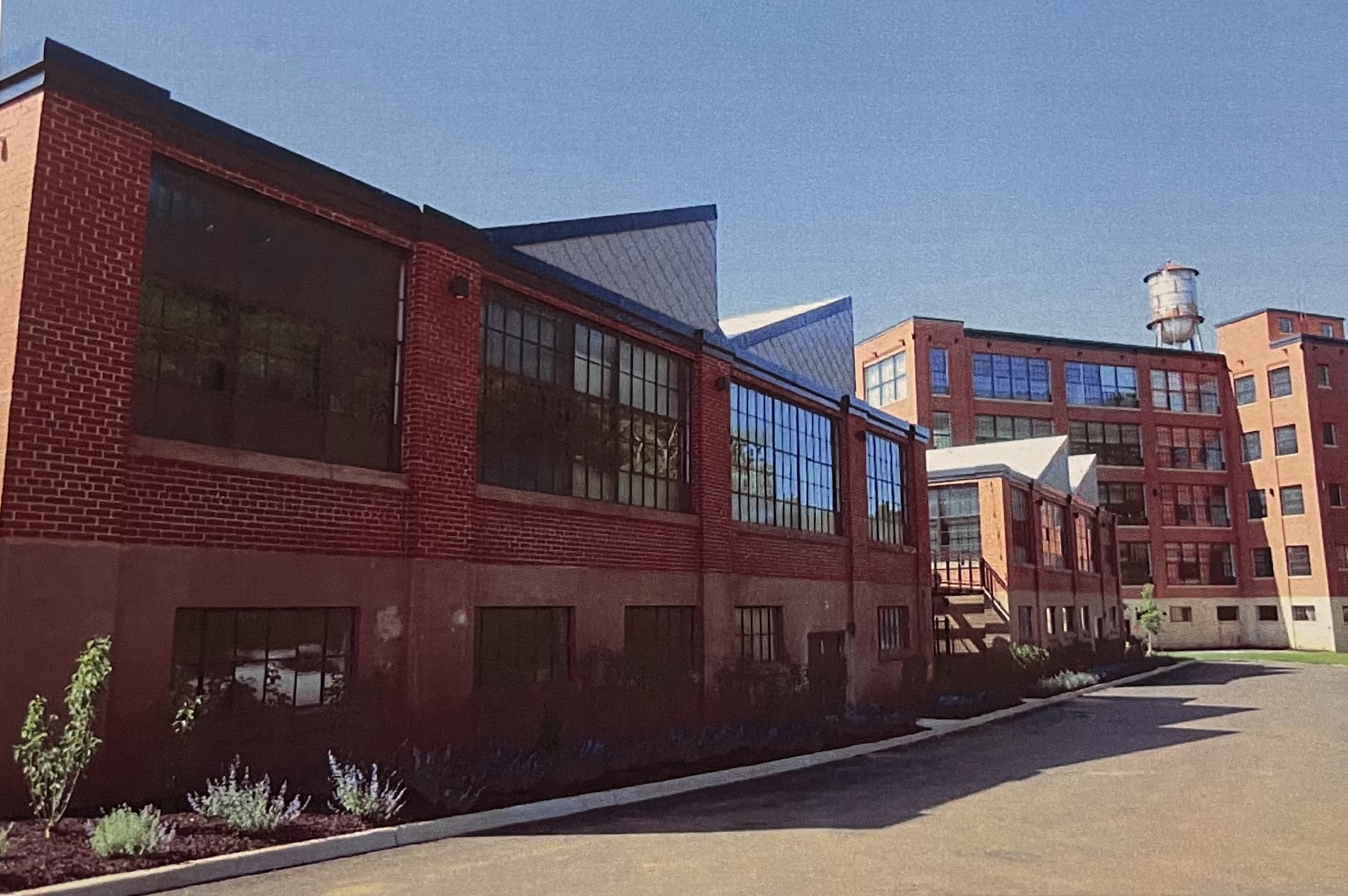
Historic Rehabilitation Tax Credits
DHR's Tax Credit program provides state tax credits to property owners who undertake the rehabilitation of historic buildings in compliance with the Secretary of Interior's Standards for Rehabilitation. Through the federal and state rehabilitation tax credit programs, property owners are given substantial incentives for private investment in preservation, resulting in enormous advantages to the public. The preservation of these structures encourages a connection to the past, enhances the identity of a community, and stimulates private investment.
Key Pages
Point of Contact
Chris Novelli
Tax Credit Specialist
Chris.Novelli@dhr.virginia.gov
804-482-6097
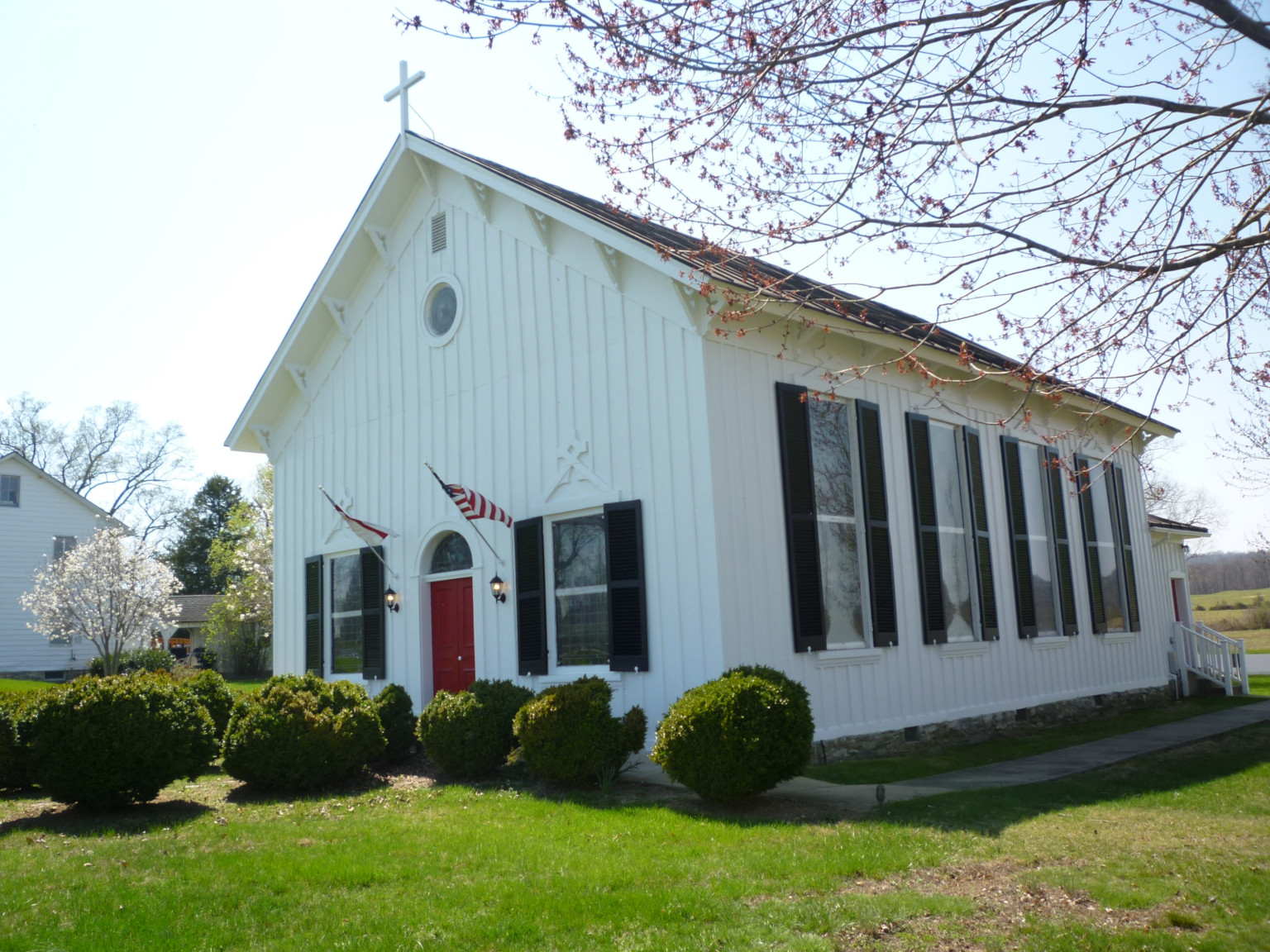
Preservation Easements
DHR's Preservation Easement program allows property owners to voluntarily protect the historical, architectural and archaeological integrity of their property by placing a permanent preservation easement on the property. The easement restricts future development of the property, prohibits certain activities and requires prior approval of others. Except for rights specifically relinquished, the landowner continues to own, use and control the land.
Key Pages
Point of Contact
Karri Richardson
Easement Program Specialist
karri.richardson@dhr.virginia.gov
804-482-6094
Megan Melinat
Director, Preservation Incentives
804-482-6455

Regional Archaeology Programs
Most of the department’s archaeological survey, field, and technical assistance activities are conducted from our three regional offices. If you have questions pertaining to local archaeology, need help identifying or managing an archaeological site, or require educational information or speakers about area archaeology, contact the archaeologist who serves your region. Please consult the map below to identify the regional archaeologist in your area.
Point of Contact
Dr. Elizabeth Moore
State Archaeologist
804 482-6084
Mike Clem
Eastern Region Archaeologist
804-482-6443
Tom Klatka
Western Region Archaeologist
540-387-5396
Robert Jolley
Northern Region Archaeologist
540-722-3442
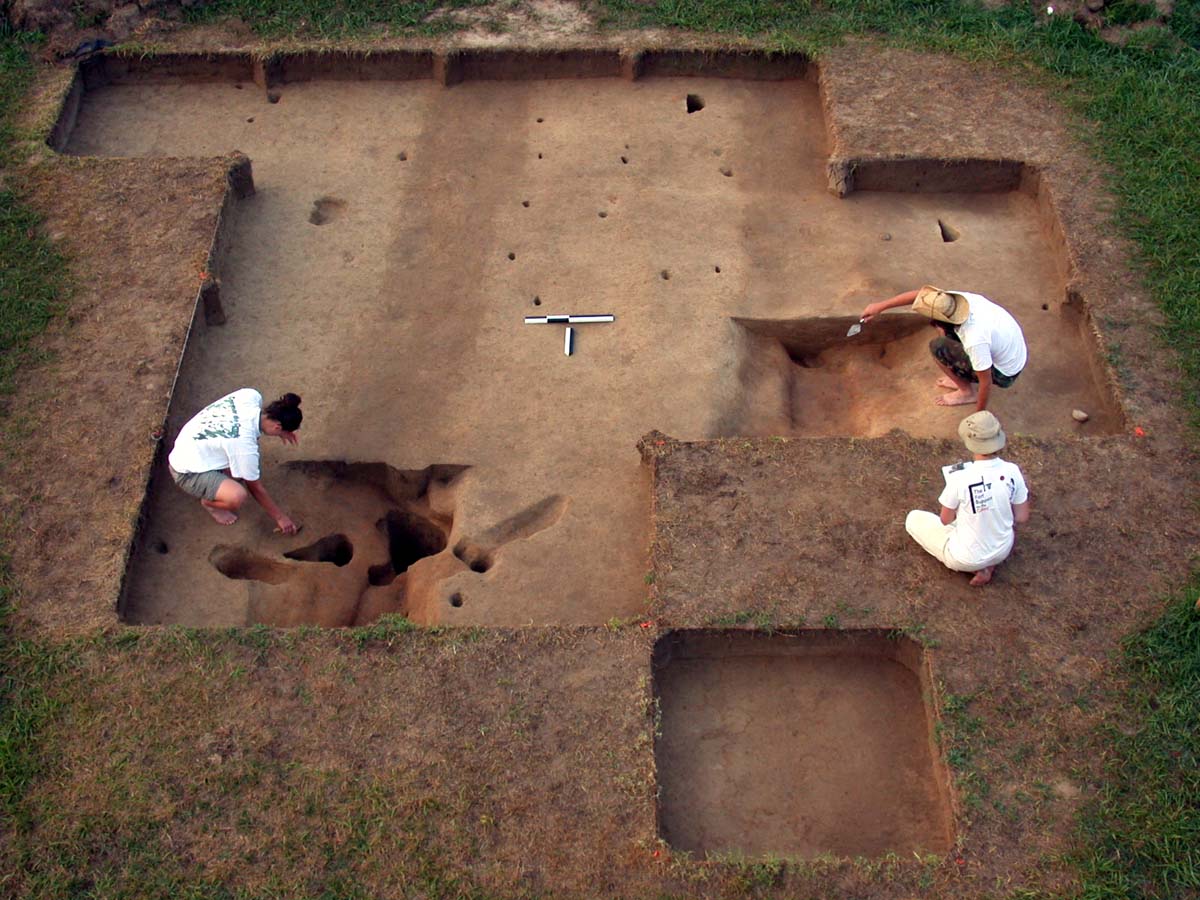
State Archaeology
Division of State Archaeology (DSA) staff provide a variety of services to record and explore archaeological sites both on land and underwater, manage and conserve the millions of objects in our archaeological collections, and provide technical expertise to public and professional communities while promoting stewardship and preservation of these valuable resources. DSA staff provide dozens of presentations and training events each year and provide access to educational materials for teachers correlated to the Virginia Standards of Learning.
Key Pages
- Virginia Archaeology Month
- Virginia Archaeology Network
- Threatened Sites Program
- NAGPRA at DHR
- Underwater
- What do Archaeologists do?
- Archaeological Reports
- Archaeological Collections
- Regional Archeologists
- Archaeology Guidelines
- Native American Ceramics
- Lithics & Projectiles
- Points
- Archaeology Items: Musketeer and Pike Man
- Guidelines for Conducting Historic Resources Survey in Virginia (Survey Manual)
- The Historical Archaeology of Virginia from Initial Settlement to Present: Overview and New Directions
- References Cited
- What's so bad about collecting artifacts?
Point of Contact
Dr. Elizabeth Moore
State Archaeologist
elizabeth.moore@dhr.virginia.gov
804 482-6084
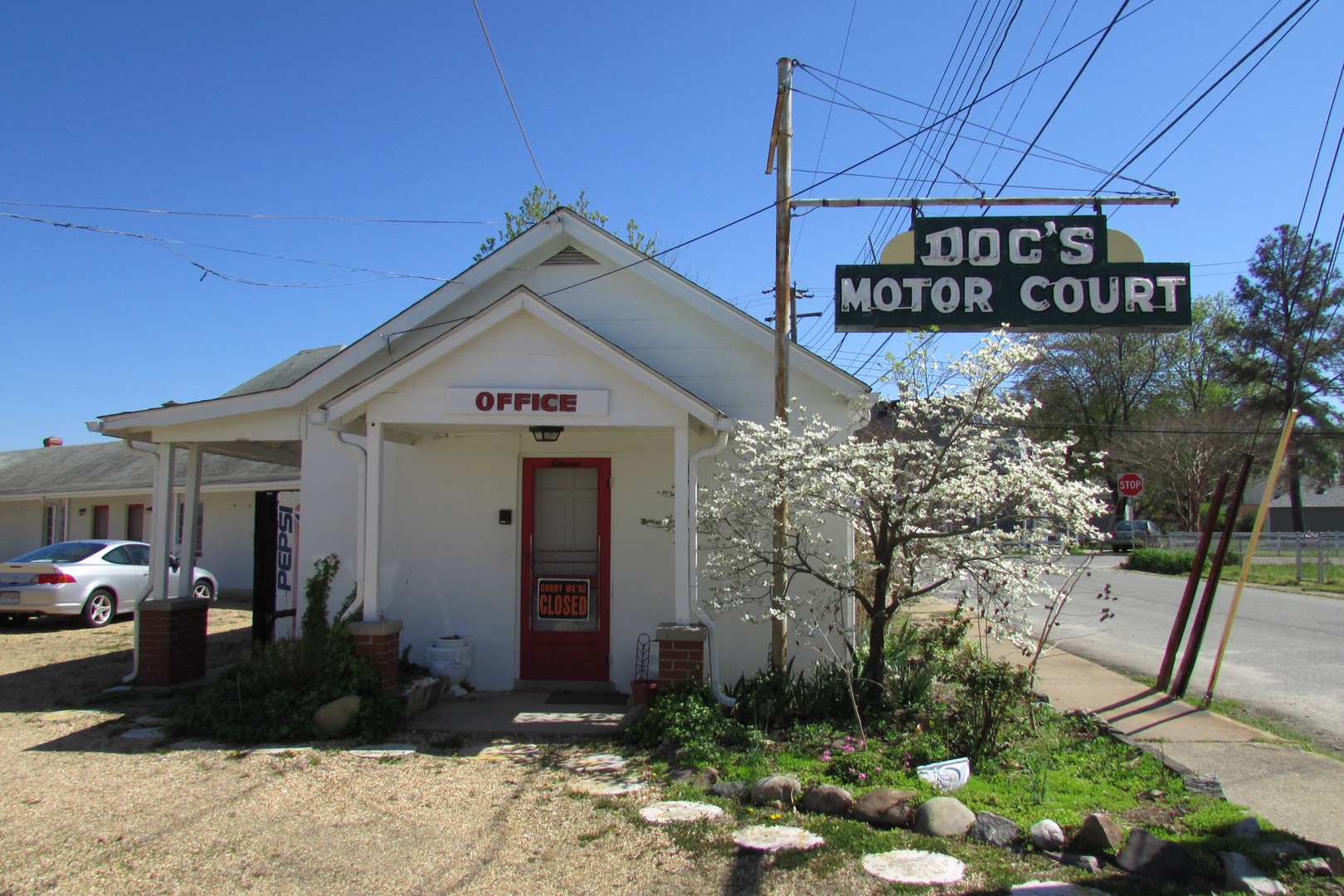
Survey Program
DHR's Survey Program coordinates identification and documentation of buildings, districts, sites, and other types of historic resources throughout Virginia. Through this program, we provide guidance for conducting historic resource surveys, identify statewide priorities, and work with localities and communities to support historic resource survey activity.
Key Pages
- Certified Local Government (CLG)
- Cost Share Grant Program
- Guidelines for Conducting Historic Resources Survey in Virginia (Survey Manual)
- DHR’s Survey Photograph Policy (2016)
- Guidelines for Conducting Historic Resources Survey in Virginia (Survey Manual)
- 2023-2024 Survey and Planning Cost Share Grant Program Application
- How to Apply for CLG Designation
- Survey and VCRIS Basics
- VCRIS Quick Guide
- Historic District vs. Complex Guidance
- Building Component Selections
- Resource and Category Types
- Guidelines for Recording Attached and Semi-Attached Buildings
- Demolished Resource Data Entry Guidance
Point of Contact
Mae Tilley
Architectural Survey Data
mae.tilley@dhr.virginia.gov
804-482-6086
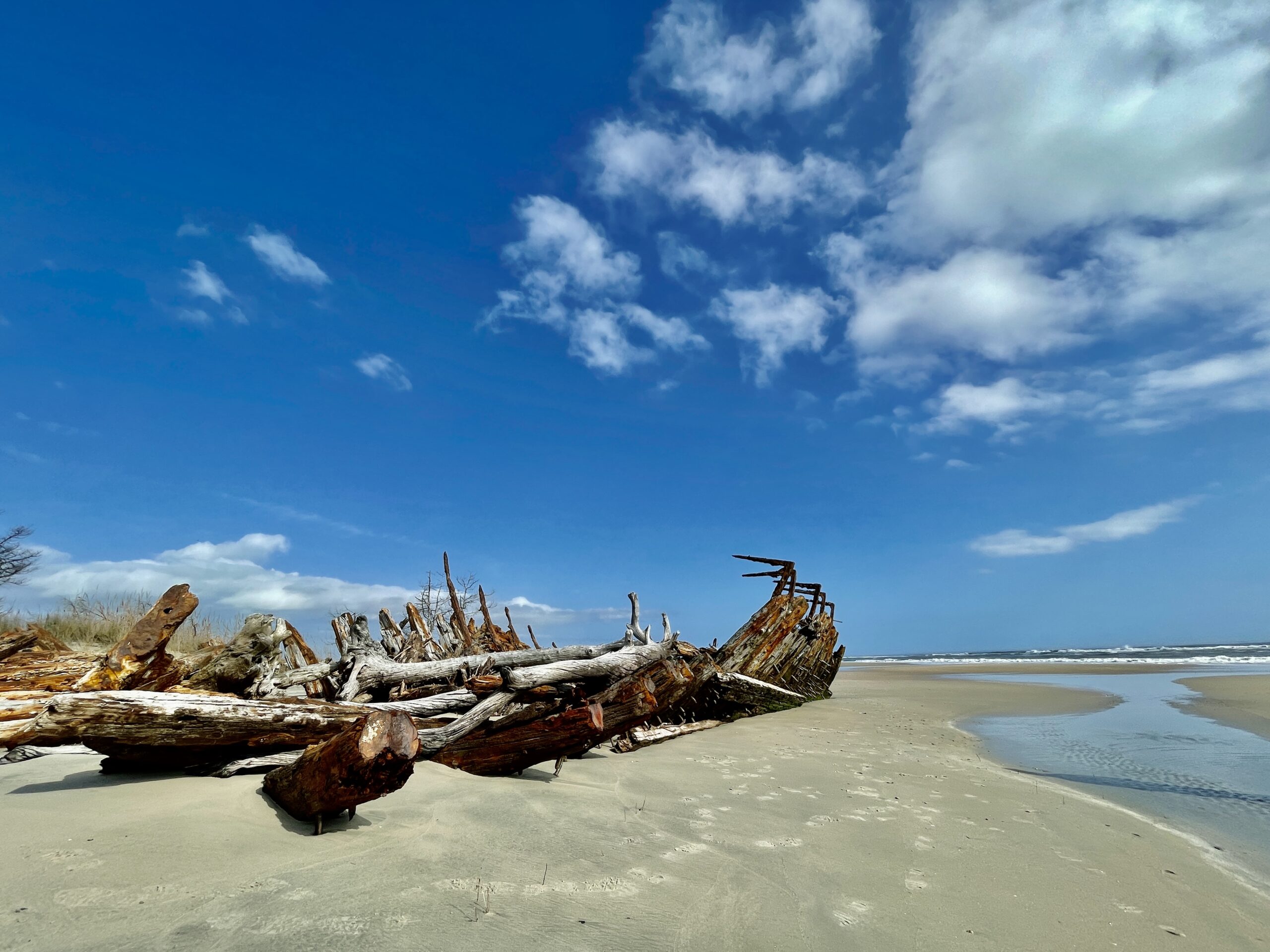
Underwater Archaeology
DHR is tasked with the preservation and protection of underwater historic property, as defined in §10.1-2214 of the Code of Virginia. As a part of DHR's Division of State Archaeology, the Underwater Archaeology Program is tasked with the stewardship of submerged and maritime archaeological resources throughout the Commonwealth. While a specific focus is placed on archaeological resources within the waters of the Commonwealth, the Underwater Archaeology Program often works with private individuals and organizations to assist with the identification and preservation of maritime archaeological sites and artifacts. The program also works with other state agencies to assist with management of public cultural resources. Additionally, the program serves as an outreach arm of DHR to educate Virginians and visitors about the rich maritime past of our state.
Key Pages
Point of Contact
Brendan Burke
State Underwater Archaeologist
brendan.burke@dhr.virginia.gov
804-482-8088
DHR has engaged over 450 students in 3 highway marker contests
DHR has registered more than 3,317 individual resources and 613 historic districts
DHR has erected 2,532 highway markers in every county and city across Virginia


